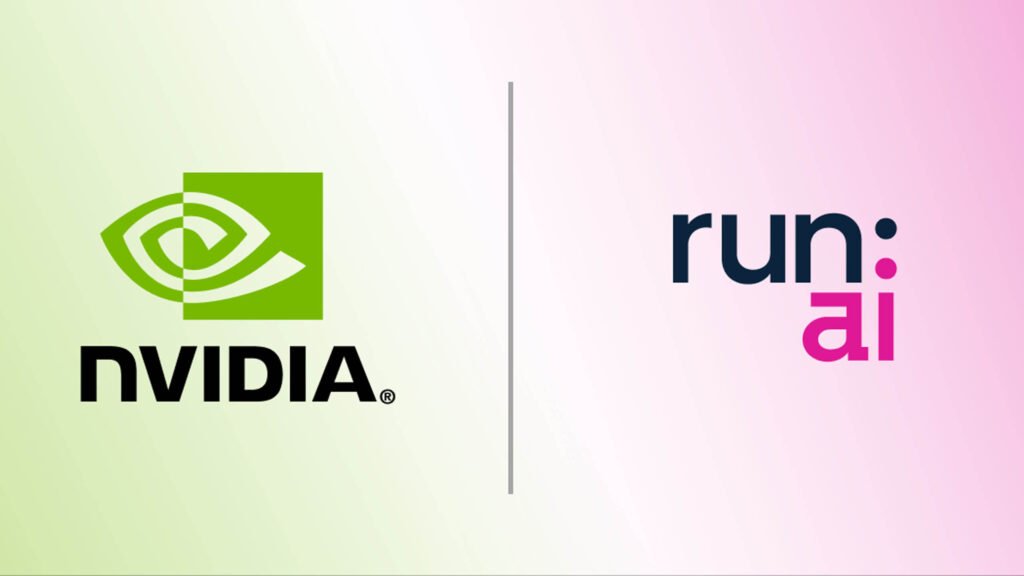Nvidia AI:
Nvidia has completed its acquisition of Run:ai, a software company designed to help businesses manage GPU resources for AI in the cloud. While the financial terms were not disclosed, reports estimated the deal at $700 million when Nvidia first announced its intent to acquire the company in April. Run:ai revealed the news on its website and confirmed that Nvidia plans to open-source the software.
Run:ai’s platform allows users to remotely schedule Nvidia GPU resources for AI workloads. While the exact reasons behind the decision to open-source the software haven’t been disclosed, it is likely tied to Nvidia’s dominant position in the AI chip market, which has seen its stock soar, making the company the most valuable globally. This also makes acquisitions more challenging due to antitrust concerns.
<

RUN:AI:
Run:ai’s founders, Omri Geller and Ronen Dar, emphasized that open-sourcing the software would allow the broader AI community to build and innovate more rapidly. They mentioned that while Run:ai currently supports only Nvidia GPUs, open-sourcing would expand its reach across the AI ecosystem. The founders also stated that the company would continue to assist customers with maximizing their AI infrastructure and offering flexibility in GPU utilization, whether on-premises, in the cloud, or via Nvidia’s DGX Cloud.
Run:ai aimed to be a key player in the AI revolution, helping organizations unlock the full potential of their AI infrastructures, Founded in 2018. The company’s technology has been pivotal in improving AI efficiency and productivity. Now, as part of Nvidia, they are eager to continue driving advancements in AI and accelerated computing.
Nvidia, traditionally known for its graphics chips, has seen these products increasingly used for AI software. This acquisition reflects Nvidia’s growing focus on AI software and providing customers with greater flexibility in managing GPU orchestration. Nvidia and Run:ai have been partners since 2020 and share joint customers.
Run:ai’s seed round in 2018 was led by TLV Partners. Managing director Rona Segev recalled that when he met Geller and Dar, they had a clear vision of AI becoming ubiquitous, but recognized that AI’s widespread use was limited by inefficiencies in training AI models and running them across multiple GPU clusters. Segev praised the founders for their vision, intellect, and unique qualities that made them ideal candidates for investment.



